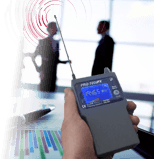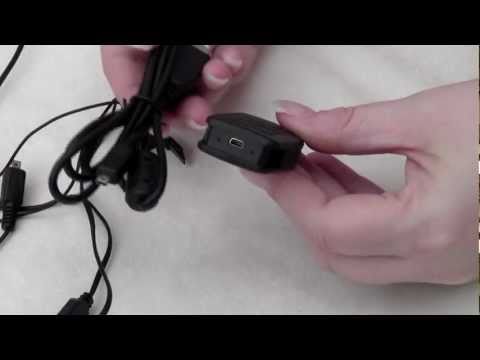Spying In The Workplace; Reasons, Rules And Regulations
Aside from CCTV, workplace surveillance is possibly the most common form of spying in the world. 84% of bosses have fired employees due to tracking what they are viewing, downloading, or uploading on their work equipment. Whatever the employee sourced would of course been deemed as inappropriate or offensive but the stats speak of another hidden truth. When you think about it, 84% of employers have actually invested time and equipment into tracking what you’re up to in your spare 5 minutes. But wouldn’t you perhaps do the same?
>>Read about the modern uses of surveillance.
No doubt you’re reading this and are thinking there’s no way this could be you or your employer? Actually, if you’re using a work mobile or work laptop, it’s rather likely that you’re being monitored as we speak. This can actually work both ways, more and more employees have acquired spying techniques, usually to uncover something about their co-workers or managers.
So keep reading to discover the main reasons for workplace spying, discover what your legal rights are and find out the ways in which people are spying nowadays. Do what you will with this information, use it to your spying advantage or use it to protect your privacy, we are just happy to help.
Top 4 Employer Reasons to Spy
1. To safeguard their employees or members of the public (e.g. health and safety reasons, prevent violence)
2. To protect business interests (e.g. prevent crime, theft or misconduct by employees or members of the public)
3. To ensure quality of customer services (which can also show training needs for their employees) and assess and improve productivity
4. To comply with legal and regulatory obligations
Top 4 Employee Reasons to Spy
1. To Protect themselves
2. To uncover unfair treatment in the workplace
3. To uncover employee laziness
4. To use as evidence against a disciplinary etc.
Your Legal Rights
The Regulation of Investigatory Powers Act 2000 (RIPA)
RIPA embodies the surveillance limits of which can be crossed on both employer and employee sides of the spectrum. It supports the fact that you (as a public body) can:
- Demand that an ISP provide access to a customer’s communications in secret.
- Enable mass surveillance of communications in transit.
- Monitor people’s Internet activities.

The Telecommunications (Lawful Business Practice) (Interception of Communications) Regulations 2000 (LBP)
LBP backs up the fact that Businesses can record and monitor phone calls and emails in the following limited set of circumstances:
– The interception is carried out to establish the existence of facts.
– To investigate or detect unauthorised use of the communications system.
– To ensure the effective operation of the system.
– To assess compliance with regulatory practices and self-regulatory practices or procedures applicable to the business.
– To prevent or detect crime in the interests of national security.
The Data Protection Act 1988 (including the 2003 Code, Monitoring at Work)
The DPA exists to protect employees as follows:
- Workers have legal right to access information that an employer may hold on them.
- All staff have a responsibility under the act to ensure that their activities comply with the Data Protection.
- Data Protection applies when monitoring employee’s telephone calls, emails and CCTV.
- Employees who feel the organisation has misused information or hasn’t kept it secure can contact the Information Commissioner’s Office.
The Human Rights Act 1998
This legislation allows an employer to voice their concerns against their employers when being treated unfairly. This also gives the employer legal guidelines to follow to ensure that their employees don’t take the issue to a higher authority. Guidelines include:
when being treated unfairly. This also gives the employer legal guidelines to follow to ensure that their employees don’t take the issue to a higher authority. Guidelines include:
- Right to liberty and security.
- Right to a fair trial.
- No punishment without law.
- Respect for your private and family life, home and correspondence.
- Freedom of thought, belief and religion.
- Protection from discrimination in respect of these rights and freedoms.
- Right to peaceful enjoyment of your property.
- Right to education.
Methods Of Spying & Protection In The Workplace
Key Fob Recorder
See the video below on how to deploy and use this piece of spy tech to your advantage:
Spy Watch
Play this video to view how to use a spy watch effectively:
Pen Recorder
Watch this video about how to deploy and use this stationary in a subtle manner:
Hidden Covert Voice Recorder
Physically see how to deploy and use this form of surveillance successfully:
Now that you know you reasons, rules and regulations, browse our online shop for more spy gadgets that will help you spy within the workplaces.

For further advice and guidance:
>>Read how to hide a spy camera here.
Alternatively, you may wish to read:




